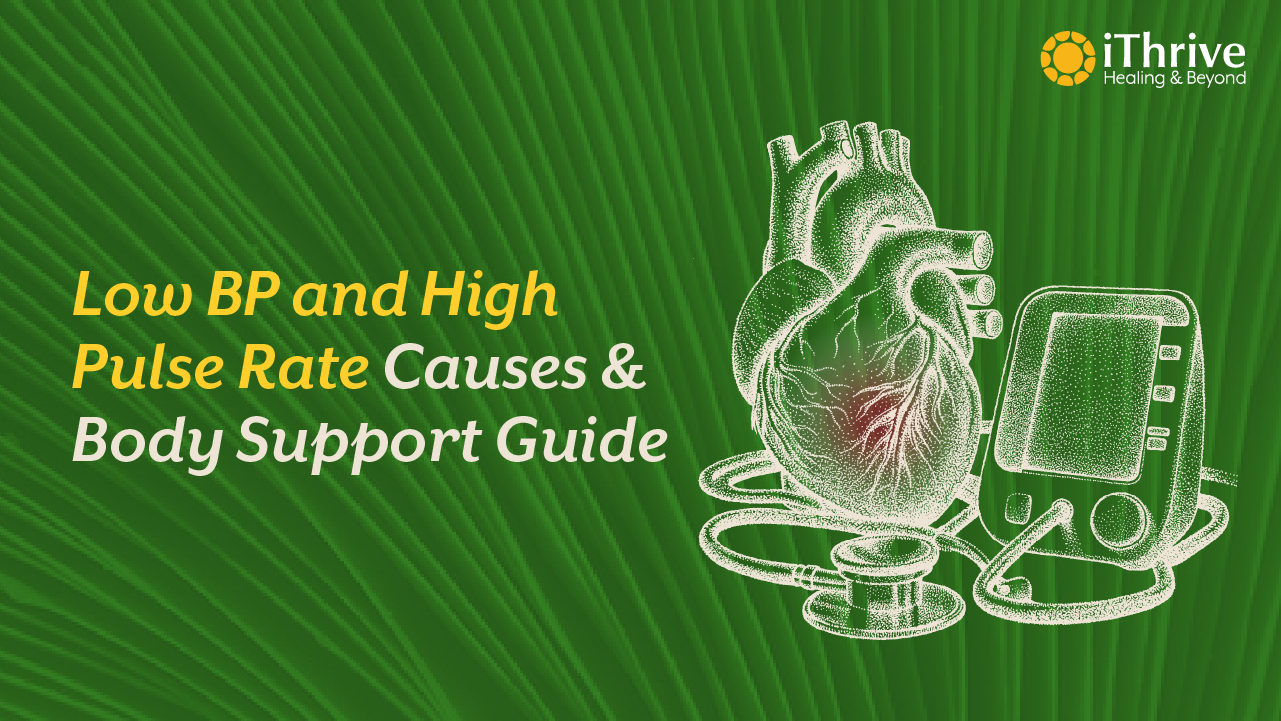Coffee was first introduced in India in 1670. That was a long time ago, and since then coffee is now a widely consumed beverage all around the world. In fact, in 2020/2021, around 166.63 million 60 kilogram bags of coffee were consumed worldwide, a slight increase from 164 million bags in the previous year. Strange as it may sound, it is the actual reality.
Coffee is a brewed drink prepared from roasted coffee beans, the seeds of berries from certain flowering plants in the Coffea genus. One can have coffee in various ways, like a latte, americano, cappuccino, espresso, cortado, macchiato, mocha, flat white, affogatto, irish coffee, etc. These are just the hot coffee drinks. The iced or cold coffee drinks consist of iced latte, iced americano, iced espresso, cold brew, nitro, frappuccino.
How is Coffee Made?
Did you know that coffee bean is not actually a bean? It’s a seed!
The coffee bean is a seed of the coffee plant. When coffee is picked from the coffee plant, it’s in the form of red ‘cherries’. There’s usually two beans inside each cherry, with the flat side on the inside, and the round side facing out.
The process of coffee making is quite simple. The process starts out with picking out the coffee cherries(fruit), and then the fleshy outer layer of the cherry is removed and what lefts out is the green coffee bean.
After the green coffee bean is inspected, a small batch of them is roasted and ground for taste testing.
After this, the coffee seeds are roasted, depending on the duration of roasting, they can be dark roasted too.
The next is packaging which is very important to keep them fresh.
The taste of the coffee depends on the proves of grinding, the more is the grinding, better will be the taste and flavour of it.
Coffee lovers all over the world have the habit of going for their morning brew but they should also know about it’s long term effects as well as complications. In 1991, WHO had included coffee in a list of possible carcinogens too.
Caffeine is a natural stimulant that is present in coffee, tea, cacao plants. Caffeine is the substance in coffee which leads to all the symptoms and long term complications Caffeine stimulates the Central Nervous System. It is rapidly and completely absorbed in humans, with 99 percent being absorbed within 45 minutes of ingestion. The usual coffee consumers could observe some symptoms after ingesting caffeine. Such as,
- frequent urination
- a rise in body temperature
- dehydration
- dizziness and headaches
- rapid heartbeat (palpitations)
- restlessness and excitability
- anxiety and irritability
- jitters
- trembling hands
- sleeplessness
- first feeling energetic but then having an even greater feeling of tiredness (energy crash)
These are just the short term effects, but there are some long term complications related to it too.
- It increases your blood pressure which leads to Hypertension.
- It increases the risk of cardiovascular events as well as diseases, such as chest pain, stroke, cardiac arrest, etc.
- It can alter the circadian rhythm of the body, which can lead to sleep disorders and mood disorders.
- Excess coffee consumption can cause chronic diarrhoea.
- Excess coffee consumption in pregnant women can cause a rapid heart-beat in the foetus and it can also cause brain development issues in the foetus.
- Caffeine present in coffee causes vasoconstriction, which can lead to myocardial ischemia (heart attack).
- High caffeine consumption can increase the risk of miscarriage.
- It can lead to mood disorders such as anxiety and depression.
- It can also lead to insomnia.
- Excess caffeine consumption can also cause gastrointestinal issues.
- Caffeine prevents calcium absorption and that’s why it can increase the risk of osteoporosis.
Coffee is a very refreshing beverage, it makes one alert and very active. It has many positive effects too, but that is only when one will have that in moderate amounts. 400mg of caffeine is a safe amount of caffeine to consume daily. 3-4 cups of coffee is the daily limit which one should adhere to. Having coffee daily in moderation will provide with only the positive effects that caffeine has to offer.
References :
- https://www.bmj.com/content/359/bmj.j5024.
- Coffee - Wikipedia
- https://www.ncbi.nlm.nih.gov/books/NBK223808/
- https://doi.org/10.1093/ajcn/nqy297
- www.sciencedaily.com/releases/2021/02/210218094507.htm
- https://www.scientificamerican.com/article/how-does-caffeine-affect/
- https://www.betterhealth.vic.gov.au/health/healthyliving/caffeine
- https://www.researchgate.net/publication/338739642_Coffee_from_Farm_to_Cafe
- https://www.sciencedaily.com/releases/2021/02/210218094507.htm
- https://pubmed.ncbi.nlm.nih.gov/28817085/
Subscribe to our newsletter and receive a selection of cool articles every week





.png)


.webp)

.jpg)
.jpg)










